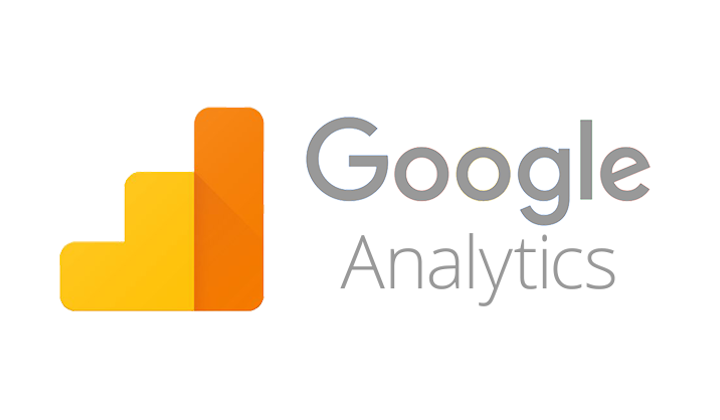
After you’ve spent big dollars on a major ERP or CRM implementation with Microsoft Dynamics, springing for a post-implementation support contract seems like a lot to ask. But when you consider even just a few of the common issues that arise during a system’s lifecycle, it becomes obvious why DIY support is more expensive and riskier than contracting with a service partner. So, before you say, “No thanks, we’ve got it covered,” here are some things you should think about.
How do I…?
You’re going to have questions. Without a support agreement, who has the answers? Unless you have in-house functional and technical expertise, your best available resource will be online forums and sites like Dynamics 365 Community or the personal blogs of Dynamics MVP experts. You can find useful info here, but there are significant trade-offs. Don’t expect immediate replies to your questions or step-by-step guidance to resolve your “How do I…?” questions. No one on a forum is going to have the understanding of your business or the customizations you’ve made to give you a comprehensive answer. And just remember, free advice is often worth what you pay for it.
Updates
Updates are critical to maintain system performance and security. Who’s going to manage those? Probably no one. It’s easy to overlook updates because they’re always there and you’ll get to them eventually. Except few people actually do, until they encounter a roadblock—like that new feature you need. To get that, you’ll need to catch up with a half dozen system updates and an upgrade or two. What should have been an easy, regular monthly process turns into a fire drill. You’ll need to find a developer who can apply the updates and resolve the issues those updates create, like the need to fix or restore customized features. The further you get behind on updates, the harder it is to bring your system up to date because there usually isn’t a direct path from the current version to multiple versions ahead. Lacking a resource to manage updates is what turns routine maintenance into a major source of business disruption and expense.
New needs
As your business needs change, so will your system needs. What will you pay for those new features? Who will create new reports and what will that cost? In all cases, the answer is “A lot.” Spot quotes, also known as statements of work (SOWs), for one-time services seem like a good deal, but over the course of months and years, what you spend for one-time fixes and changes can easily exceed the cost of a support agreement. Spot quotes take longer to spin up. By asking for one-time SOW services, there is a lead time to process the contract, staff the project, and begin work with people who don’t understand your business and aren’t familiar with your customized implementation. By having a support agreement already in place, you reduce your lead time to begin executing on your needs. And you’ll be working with someone who understands the unique needs of your business and your system.

Big bugs
Eventually you’ll encounter an advanced issue or a bug that needs to be resolved. What’s your escalation path? Your resolution options are limited without a support agreement. Microsoft partners, however, have support agreements directly with Microsoft. When your contracted support team is unable to resolve a problem, they have direct access to the most authoritative sources.
The choice between a service agreement to support your new system or going without is often driven by the costs that are most apparent at the time. Because many needs remain unexpected and issues unforeseen, the decision to do it yourself seems like a natural choice. Over time, however, those hidden costs, unexpected issues and unmet needs begin to add up. And it soon becomes clear that avoiding the expense for support may have been the most expensive decision of all.






